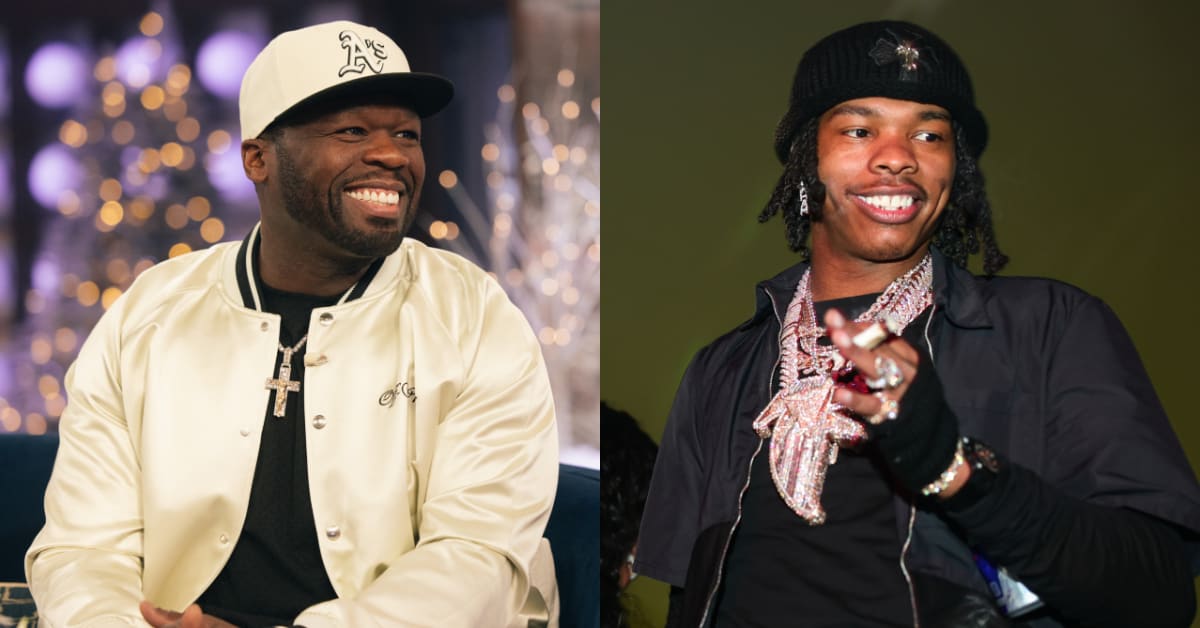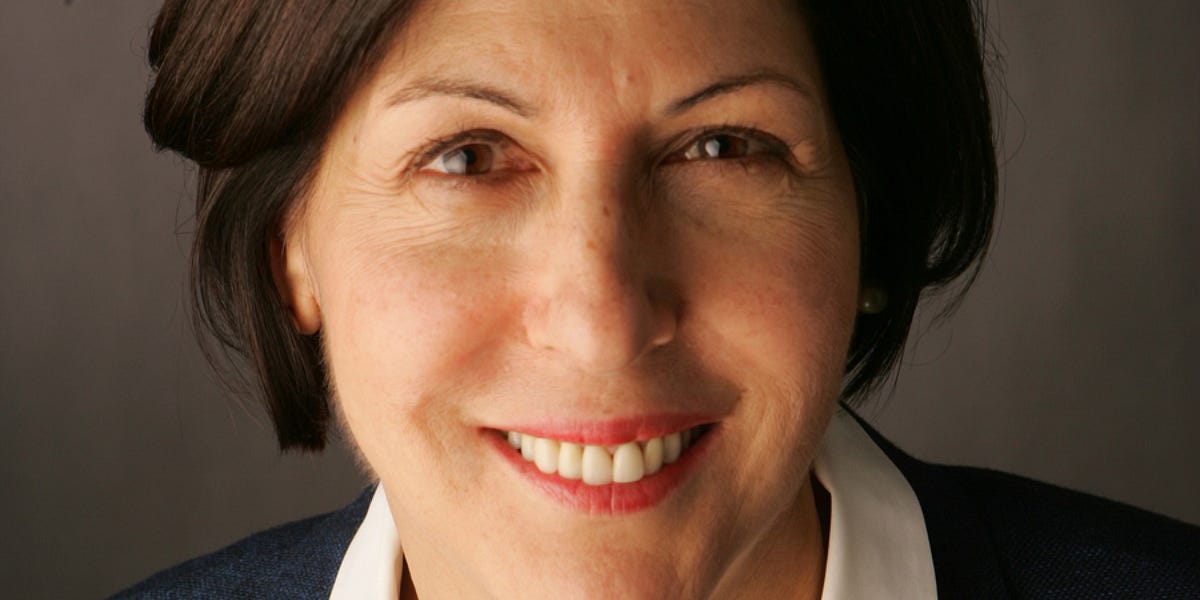World
The ‘cult of celebrity’ distracts people from real-world problems

Get the latest Syracuse news delivered right to your inbox.
Subscribe to our newsletter here.
I wish I was less interested in celebrities.
Being 24 years old, now almost 25, I should be past the point of caring or even knowing about our culture’s most popular people. Lately, I’ve fallen down too many rabbit holes and now arguably know too much about the most recent celebrity discourse. Zendaya’s red carpet looks, Jojo Siwa’s new goth rebrand and Jennifer Lopez’s failed attempts at cosplaying a working-class Bronx girl are just a few from the past month.
Granted, my interest isn’t so intense that I worship anyone with utmost reverence and forgive every one of their transgressions. But in the grand scheme of things, none of it actually matters. As I grow older, I want to do a better job of not caring about a class of people who are growing more wildly out of touch with the rest of us. More of us, especially those in the younger generations, should think about doing the same.
Yet, the cult of celebrity is powerful and it’s been working this way for a long time.
For me, following celebrity gossip as it unfolds with more people’s perspectives, hot takes and evidence is like watching a reality television show. I know it’s wrong and ridiculous but I also can’t look away. I watch dozens of TikToks where creators offer their thoughts on a single topic, like JLo’s much-maligned bodega order. I get recommended accounts on X, formerly known as Twitter, where they update everything from who’s released a new selfie to who just unfollowed who on Instagram.
But, no matter how much I absorb, I always want more reasons to stay online, roll my eyes, laugh and even get angry or annoyed. I care too much about something that’s really not worth caring about. I get addicted to the very thing I want to turn off.
And just when I think I’m over it and the last of the discourse peters out, some new scandal or drama crops up and the cycle begins again.
If we look back at our history, it becomes clear that it was designed to be this way. As long as there have been systems in place to separate classes of people, there have been celebrities at the top, along with fame, privilege, power and wealth. Think about the British monarchy, which has been around for 1,200 years and is still captivating the masses today. Or Mozart, who was one of many musicians who rose in popularity with the help of thousands of fans.
But the accessibility of social media makes it possible for practically anyone to become part of the cultural elite, which for better or worse, now includes influencers, online creators, models and internet personalities.
Sofia Aguilar, columnist
Today, we continue to be obsessed with celebrities, especially those in the arts like actors, singers, dancers, musicians and even athletes in professional sports. But the accessibility of social media makes it possible for practically anyone to become part of the cultural elite, which for better or worse, now includes influencers, online creators, models and internet personalities.
It’s also made it easier for fans to form intimate, parasocial relationships with celebrities they like because social media allows people to share every aspect of their lives from what they’re up to every day to what they had for breakfast. Over time, we feel like we know them and grow to revere them with a mix of jealousy, admiration and obsession.
Especially as a kid who regularly watched children’s entertainment, I really felt like I was friends with the child actors I watched grow up throughout my childhood.
Another part of their allure, of course, is the escapism they provide amid a world that is constantly feeding us reasons to be hopeless and pessimistic. When so many of us are stuck in school or behind a desk, we often give ourselves that mental break by looking up celebrities on social media just to see them in all their beauty, glamor and sponsored advertisements, or follow up on the latest scandal rocking the boat on X.
We could choose to spend that time reading, texting, indulging in self-care or sitting alone with our thoughts, but instead, celebrity life gives us an outlet to not exist in the space we are presently in. For a moment, we can remove ourselves from reality.
Following celebrity culture is not in itself a bad thing if we’re using it ironically or for amusement. But I know too many people who would rather obsess over what Kylie Jenner is doing than keep up to date with current events around the world. Or who would happily participate in consumerism by buying merchandise from their favorite influencer than save their money and lower the risk of contributing more waste to a landfill.
Especially in the context of the current genocide in Palestine and the ongoing humanitarian crises in Sudan and the Congo, I’m becoming more disillusioned with celebrities and the role they play in our national and global culture. It’s bad enough that many of them are willing to earn their fame and wealth through exploitation, poor work practices and misinformed statements on important issues.
But their role as a break from reality now no longer feels necessary – even borderline dangerous – when we need to pay attention to what’s going on around us. As I write this, the United States Supreme Court has effectively abolished the right to mass protest in Louisiana, Mississippi and Texas, our taxes are actively funding a genocide in a foreign country and one of the most important presidential elections in U.S. history is happening later this year. We can’t be left behind or lack awareness when it comes to issues of civic engagement and the fabric of our country’s political life.
There’s nothing wrong with being entertained every now and then but we can’t let ourselves be controlled by this distraction. Now more than ever, the cult of celebrity is outdated, unnecessary and worth freeing ourselves from.
Sofia Aguilar is a first-year grad student in the Library and Information Science program. Her column appears weekly. She can be reached at [email protected].
Published on April 16, 2024 at 11:36 pm










